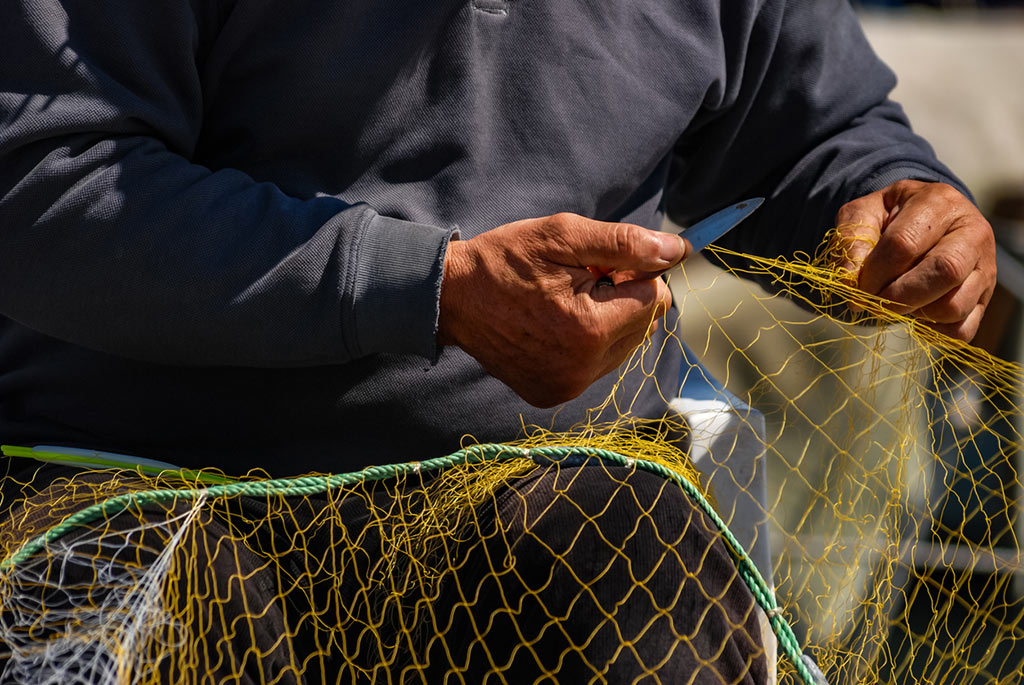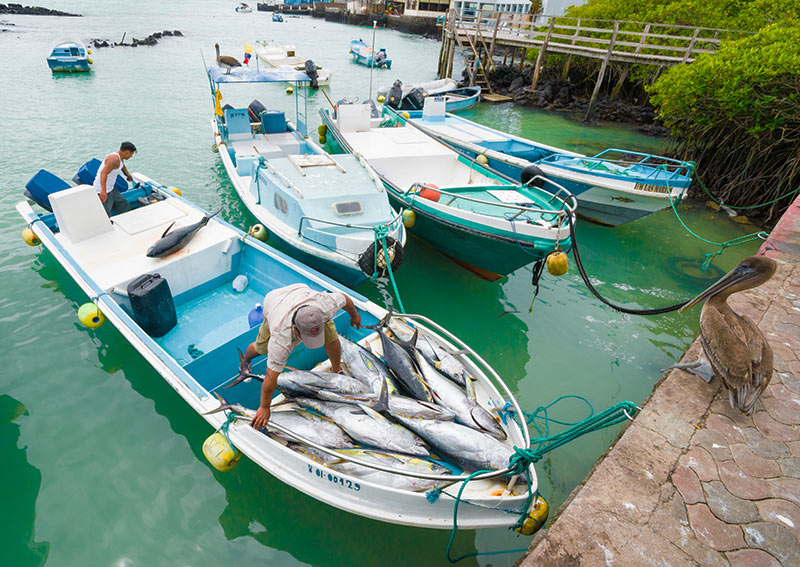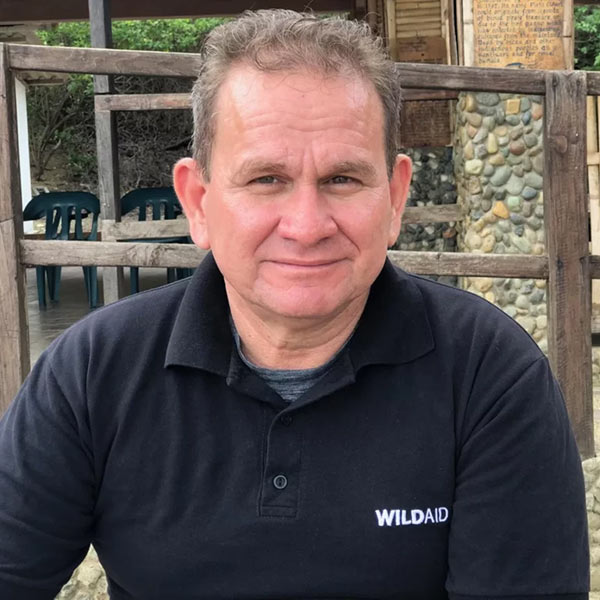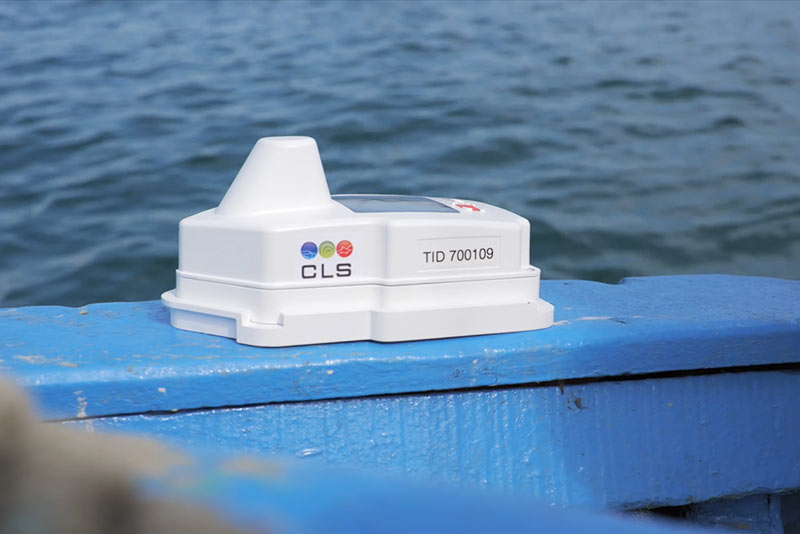Empowering Small-Scale Fisheries with VMS: A Real-Time Approach to Ocean Stewardship
- 4 November 2025
- Category: News

From the shores of Catalonia to the waters of the Galápagos, a quiet revolution is taking shape. Fishers, scientists, and local authorities are uniting to protect the ocean while sustaining their way of life.
Through fisheries co-management with VMS technology, small-scale fisheries can now share real-time data, strengthen trust, and build resilient oceans.
Fisheries Co-Management with VMS Technology: Building Trust and Shared Responsibility
Co-management is emerging as one of the most powerful approaches to ensuring sustainable fisheries. Instead of relying on top-down regulation, this model empowers fishers, scientists, authorities, industries, and civil society to develop and implement rules together.
This shared governance promotes trust, strengthens accountability, and ensures higher levels of compliance.

“We see real change when local communities are part of the process, not just the outcome,” explains Dr. Luca Eufemia, Small-Scale Fisheries Manager at WWF Mediterranean Marine Initiative. “Co-management works because it builds ownership — and with ownership comes responsibility.”
In Catalonia, co-management has been institutionalized through legal decrees giving local committees equal voting rights in shaping fisheries policies. This participatory structure blends traditional knowledge with scientific input, making decision-making more transparent and inclusive.
Digital tools such as VMS platforms play a crucial role in this transformation. By enabling real-time data collection, they increase transparency and strengthen collaboration between all actors.
Today, more than ten percent of Catalonia’s landings come from co-managed fisheries, and ecological recovery is already underway.
Why Fisheries Co-Management with VMS Technology Matters for Small-Scale Fisheries
 Modern fisheries management depends on accurate, comprehensive, and shared data. Without it, policies remain blind to actual fishing activity.
Modern fisheries management depends on accurate, comprehensive, and shared data. Without it, policies remain blind to actual fishing activity.
A Vessel Monitoring System (VMS) provides this visibility, offering real-time vessel geolocation and reporting. With this data, authorities and communities can make informed decisions to better protect marine resources.
In the Galápagos Islands, facing growing pressure from unreported fishing, organizations like WildAid have partnered with national authorities to extend monitoring beyond industrial fleets.
 “We focus on practical solutions: from surveillance strategies to fleet monitoring and training,” explains Manuel Bravo, Director of WildAid Ecuador. “But these are only effective when paired with community trust.”
“We focus on practical solutions: from surveillance strategies to fleet monitoring and training,” explains Manuel Bravo, Director of WildAid Ecuador. “But these are only effective when paired with community trust.”
This shift integrates artisanal fishers into marine protection frameworks. By equipping them with adapted VMS solutions, authorities gain a holistic view of fishing dynamics, a key step toward effective ocean governance.
A Beacon for Fisheries Co-Management and Sustainable Fisheries
The NEMO VMS has been designed to bring artisanal and small-scale fisheries into the digital era. Unlike traditional monitoring systems focused on industrial fleets, NEMO offers a compact, robust, and affordable solution that ensures no vessel is left behind.
 Its greatest strength lies in connecting fishers and authorities in real time, allowing both sides to build trust through transparency.
Its greatest strength lies in connecting fishers and authorities in real time, allowing both sides to build trust through transparency.
By transmitting a vessel’s position continuously and securely, NEMO enhances safety at sea, particularly for fishers operating in remote areas. Its transparent data-sharing reinforces accountability and fosters a culture where compliance becomes a shared responsibility for the collective good.
Furthermore, the data collected by NEMO helps marine authorities improve spatial planning and resolve conflicts with other maritime activities (e.g. offshore energy or conservation zones).
It empowers communities to participate in evidence-based decision-making, securing the long-term sustainability of their resources.
Towards a Future of Shared Ocean Stewardship
Combining VMS technology with co-management frameworks allows fisheries to transition toward resilience and sustainability. By equipping artisanal fleets with digital tools like NEMO, policymakers, communities, and conservation partners can act based on real-time evidence.
Modern ocean stewardship is no longer about top-down enforcement, it’s about shared responsibility, transparency, and trust. And VMS solutions for small-scale fisheries are at the heart of this transformation.
